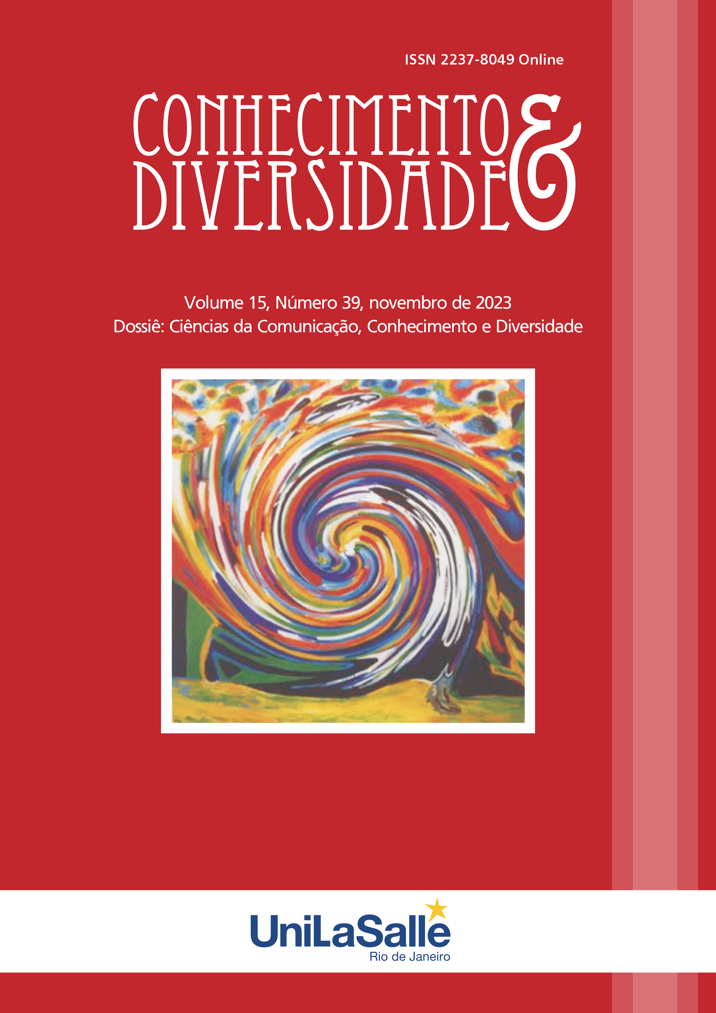TEACHERS AS FACILITATORS
EXPLORING THE ROLE OF EDUCATORS IN PERSONALIZED LEARNING ENVIRONMENTS IN MOROCCAN SCHOOLS
DOI:
https://doi.org/10.18316/rcd.v15i39.11161Keywords:
Personalized Learning, Learning Environments, Student Centered ApproachAbstract
This study examines the essential role of educators as facilitators of personalized learning environments in moroccan schools. As education systems around the world increasingly recognize the importance of personalized learning to meet the various needs of students, understanding the specific role of teachers is becoming paramount. This research examines the practices, challenges and potential opportunities faced by educators in implementing personalized learning approaches in moroccan classrooms. The study uses a mixed-method approach, combining qualitative and quantitative data collection methods. Qualitative data is obtained through in-depth interviews with teachers exploring their views on personalized learning and the associated roles and responsibilities of educators. In addition, a survey questionnaire is distributed to teachers to collect quantitative data, which allows a broader understanding of the prevalence and effectiveness of personalized learning practices in different school contexts. The data collected will be analyzed using thematic analysis and statistical techniques to identify emerging themes, models and correlations. The results of this study will contribute to all existing knowledge on personalized learning and highlight the specific challenges and opportunities faced by educators in moroccan schools. By exploring the role of teachers as facilitators in personalized learning environments, this research will inform education decision-makers, administrators and teachers themselves on effective strategies to promote personalized learning approaches in moroccan classrooms. The expected implications of this research include the identification of best practices and strategies to integrate personalized learning into the moroccan education system. The results of the study could lead to the development of teacher training programs, professional development initiatives and policy recommendations that meet the needs of educators and students in personalized learning environments. Finally, this research aims to support the improvement of educational practices in moroccan schools, by promoting a student-centered approach that promotes personalized learning experiences.
References
PANE, J. F.; STEINER, E. D.; BAIRD, M. D.; HAMILTON, L. S. (2015). Continued progress: Promising evidence on personalized learning. RAND Corporation.
Pane, J. F., Steiner, E. D., Baird, M. D., & Hamilton, L. S. (2017). Informing progress: Insights on personalized learning implementation and effects. Rand Corporation.
TOMLINSON, C. A. (2001). How to differentiate instruction in mixed-ability classrooms. ASCD.
HATTIE, J. (2009). Visible learning: A synthesis of over 800 meta-analyses relating to achievement. Routledge.
WARSCHAUER, M.; MATUCHNIAK, T. (2010). New technology and digital worlds: Analyzing evidence of equity in access, use, and outcomes. Review of Research in Education, v. 34, n. 1, p. 179-225.
Dabbagh, N., & Kitsantas, A. (2012). Personal learning environments, social media, and self-regulated learning: A natural formula for connecting formal and informal learning. The Internet and Higher Education, 15(1), 3-8.
O’Neill, G., & McMahon, T. (2012). Giving student groups a stronger voice: A staff-student partnership model. International Journal for the Scholarship of Teaching and Learning, 6(2), 9.
Downloads
Published
Issue
Section
License
Copyright (c) 2023 Oussama Elwarraki, Souhaib Aammou, Jalal Lahiassi

This work is licensed under a Creative Commons Attribution 4.0 International License.
As recommended by the Public Knowledge Project, RCD adopts for its articles a CREATIVE COMMONS Attribution CC BY 4.0 license.
This license allows others to distribute, remix, adapt and build upon your work, even commercially, as long as they credit you for the original creation.
This is the most appropriate license offered.
Recommended for maximum dissemination and use of licensed materials.



